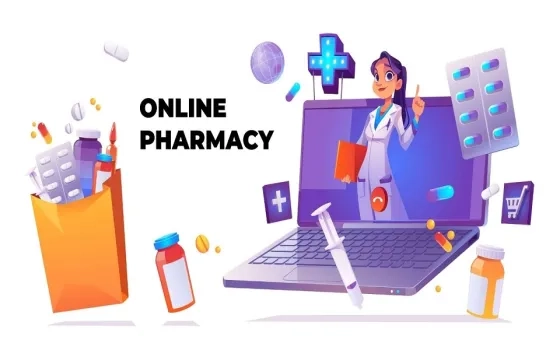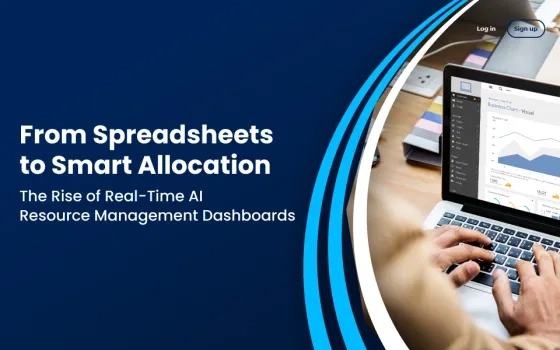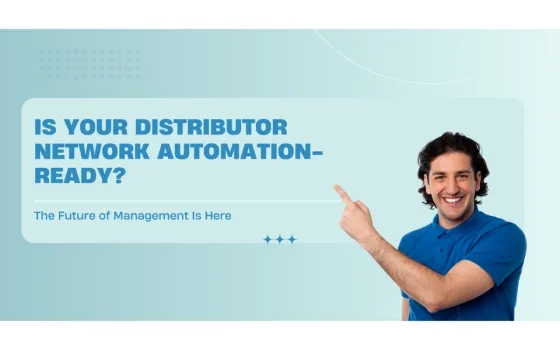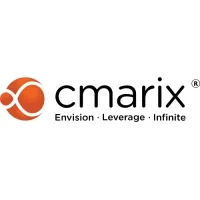In today's digital age, the integration of technology into healthcare has become increasingly prevalent, with healthcare app development playing a pivotal role in transforming the way patients access care, healthcare providers deliver services, and healthcare organizations manage operations. From mobile apps for remote patient monitoring to web-based platforms for telemedicine consultations, the need for healthcare app development has never been more apparent. In this comprehensive blog, we'll delve into the reasons why healthcare app development is essential, exploring its benefits, challenges, and potential impact on the healthcare industry.
1. Improving Access to Healthcare Services
Access to healthcare services is a fundamental aspect of public health, yet it remains a challenge for many individuals due to various barriers such as geographical constraints, long waiting times, and limited resources. Healthcare apps bridge this gap by providing on-demand access to healthcare professionals, appointment scheduling, telemedicine services, and medication delivery. These apps ensure that individuals can seek medical assistance conveniently, regardless of their location or time constraints, thereby improving overall healthcare access and equity.
2. Empowering Patients for Active Healthcare Management
Empowering patients to actively participate in their healthcare management is essential for improving health outcomes and promoting patient-centered care. Healthcare apps empower patients by providing access to personal health records, medication reminders, symptom trackers, and educational resources. Patients can monitor their health metrics, track progress over time, and make informed decisions about their health and wellness. By fostering patient engagement and autonomy, healthcare apps facilitate a collaborative approach to healthcare delivery, leading to better treatment adherence and outcomes.
3. Enhancing Efficiency in Healthcare Delivery
Efficiency is paramount in healthcare delivery to optimize resources, reduce costs, and improve patient satisfaction. Healthcare apps streamline administrative processes, such as appointment scheduling, billing, and insurance verification, thereby minimizing paperwork and administrative burdens for healthcare providers and staff. Moreover, these apps facilitate communication and coordination among healthcare team members, ensuring seamless care transitions and continuity of care. By automating routine tasks and optimizing workflows, healthcare apps enhance efficiency and productivity in healthcare delivery, ultimately benefiting both providers and patients.
4. Enabling Remote Healthcare Monitoring and Management
The rise of remote healthcare monitoring and management has been accelerated by the development of healthcare apps and wearable devices. These apps enable patients to monitor vital signs, track symptoms, and share health data with their healthcare providers from the comfort of their homes. Remote patient monitoring empowers healthcare providers to detect health issues early, intervene proactively, and adjust treatment plans as needed, thereby reducing hospital readmissions and improving patient outcomes. Additionally, remote healthcare management is particularly beneficial for individuals with chronic conditions, as it enables continuous monitoring and personalized care management, leading to better disease management and quality of life.
5. Driving Innovation and Advancement in Healthcare Solutions
Healthcare app development drives innovation and advancement in healthcare solutions by leveraging emerging technologies such as artificial intelligence, machine learning, and blockchain. These technologies enable the development of predictive analytics tools, personalized treatment recommendations, and precision medicine approaches tailored to individual patient needs. Moreover, healthcare apps serve as platforms for research, data collection, and clinical trials, facilitating collaboration among researchers, clinicians, and healthcare organizations. By fostering a culture of innovation and experimentation, healthcare app development paves the way for transformative breakthroughs in healthcare delivery, diagnosis, and treatment.
Addressing Challenges in Healthcare App Development
1. Regulatory Compliance
Challenge: Healthcare apps must comply with stringent regulations such as HIPAA (Health Insurance Portability and Accountability Act) in the United States or GDPR (General Data Protection Regulation) in Europe. Ensuring compliance with these regulations adds complexity to the development process and requires thorough understanding and adherence to legal requirements.
Solution: Engage legal experts or compliance officers early in the development process to ensure that the app meets all regulatory requirements. Implement robust data encryption, access controls, and audit trails to safeguard patient data and maintain compliance with regulatory standards.
Learn how to navigate healthcare software regulations and compliance requirements for seamless implementation
2. Data Security and Privacy
Challenge: Healthcare apps deal with sensitive patient information, making data security and privacy a top priority. Data breaches can have serious consequences, including loss of trust, legal liabilities, and reputational damage.
Solution: Implement strong encryption protocols, secure authentication mechanisms, and data access controls to protect patient data from unauthorized access and cyber threats. Regularly conduct security audits and penetration testing to identify and address vulnerabilities in the app's infrastructure and codebase.
3. Interoperability
Challenge: Interoperability remains a significant challenge in healthcare app development, as healthcare systems often use disparate standards and protocols for data exchange. Integrating with existing healthcare infrastructure and ensuring seamless communication between systems is essential for maximizing the app's utility and effectiveness.
Solution: Adopt standardized interoperability frameworks such as HL7 (Health Level Seven) or FHIR (Fast Healthcare Interoperability Resources) to facilitate data exchange and integration with other healthcare systems. Collaborate with healthcare providers and technology vendors to ensure compatibility and interoperability with existing infrastructure.
4. User Experience and Engagement
Challenge: Healthcare apps must be intuitive, user-friendly, and engaging to encourage adoption and usage by patients and healthcare providers. Designing an app that meets the diverse needs and preferences of users while providing value-added features can be challenging.
Solution: Conduct user research and usability testing to understand the needs, preferences, and pain points of the app's target audience. Design a user interface that is intuitive, visually appealing, and accessible across different devices and platforms. Incorporate features such as appointment scheduling, medication reminders, and telemedicine consultations to enhance user engagement and satisfaction.
5. Integration with Healthcare Ecosystem
Challenge: Healthcare apps often need to integrate with a variety of healthcare systems, such as electronic health records (EHR), laboratory information systems (LIS), and telemedicine platforms. Ensuring seamless integration with these systems requires careful planning and coordination.
Solution: Work closely with healthcare providers, IT departments, and technology vendors to identify integration requirements and develop robust integration interfaces. Use standardized APIs (Application Programming Interfaces) and interoperability standards to facilitate data exchange and communication between the app and other healthcare systems. Test integration workflows thoroughly to ensure compatibility and reliability in real-world scenarios.
Explore our healthcare integration services and unlock seamless data exchange - learn more now!
Conclusion
In conclusion, healthcare app development is instrumental in addressing the evolving needs and challenges of the healthcare industry, from enhancing patient access to care and engagement to streamlining clinical workflows and enabling data-driven insights. By leveraging the capabilities of healthcare apps, patients can access care more conveniently, providers can deliver services more efficiently, and healthcare organizations can improve outcomes and optimize resources. While healthcare app development presents opportunities for innovation and advancement, developers must navigate regulatory, security, and interoperability challenges to ensure the delivery of safe, secure, and effective healthcare apps that empower patients, support providers, and transform healthcare delivery.



















